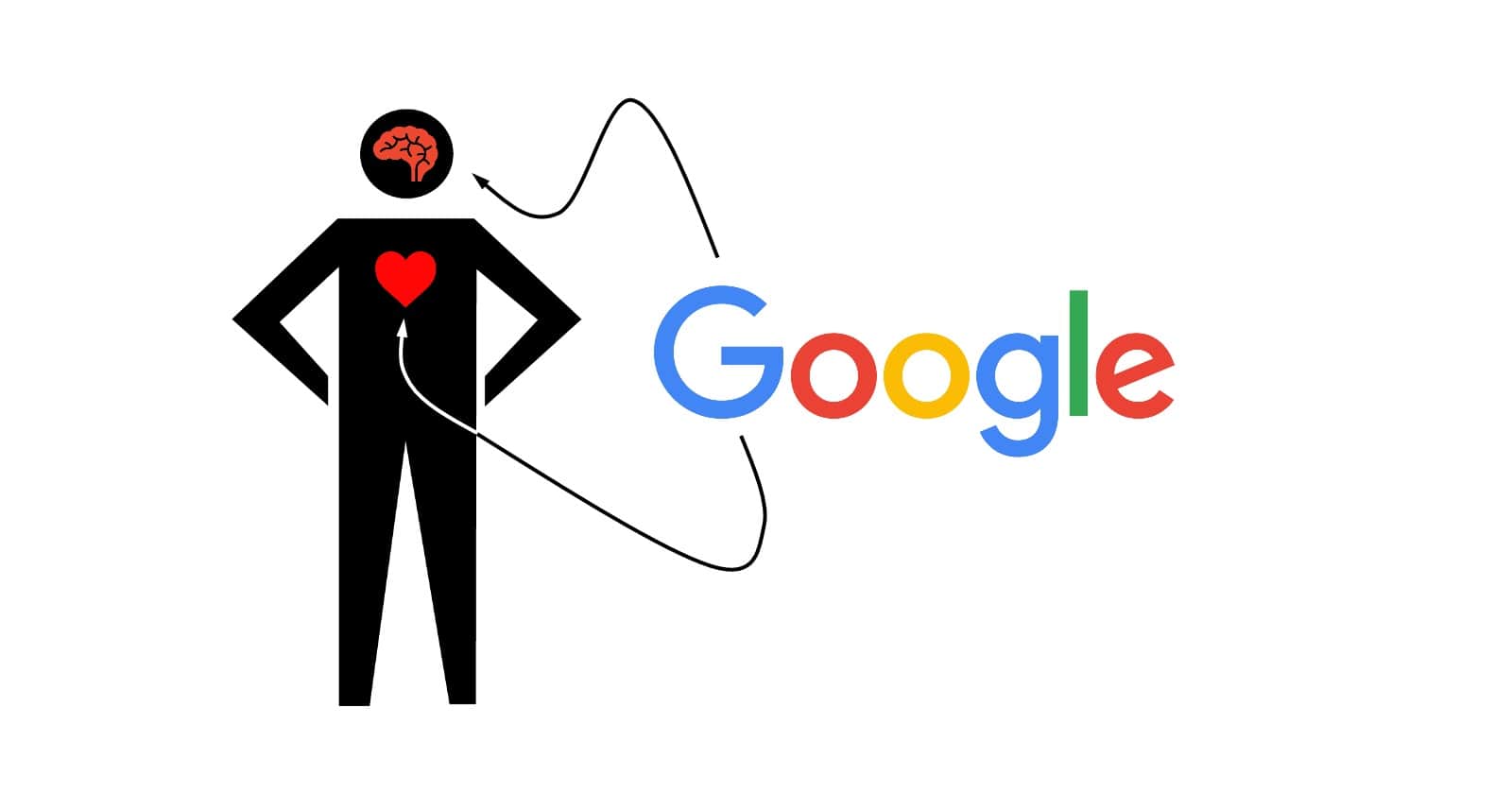When I began my career in digital marketing, I had a tough time describing what I did to other people. SEO wasn’t a known profession back then, and it certainly wasn’t something that you could easily bring up in conversation.
I remember the weird looks, the fake head nods, and the smiles from people acknowledging that I did something they hadn’t heard of, but politely not wanting to admit it.
As the years went on, things changed. People know what SEO is now, they care about it, they are worried about it, they are held against numbers that depend on it — it’s a thing. All because it was given a name.
When something doesn’t have a name, it’s not real, and as most things at their humble beginnings, SEO was no different. No one was worried about it, it was just this thing they had heard about that may or may not affect them sometime in the distant future.
Now it has a name. And everyone is interested in this set of rules and activities that result in “free” traffic to their websites and helps their bottom line.
What’s in a Name?
So why the diatribe about the name of the profession?
I want to get the point across that when you give something a name you make it real, which gives it power — and the largest mistake Google made in SEO was naming their algorithm updates.
Why?
Because it made algorithm names a thing, which gave them an inordinate amount of power over this profession that still exists today.
Going back to the Boston and Florida updates in 2003, up until the Penguin 4 in 2016, we have enjoyed a host of memorable names that have been applied to updates, and with every update came confusion, anger, and message boards filled with hate for Google.
Matt Cutts, the former head of the web spam team at Google, stepped in and became the scapegoat for all the ire that webmasters felt toward Google. Cutts did his best to answer questions about updates, what they were, why they were doing this — to no avail.
People were mad at these updates.
They ruined businesses.
SERPs became less predictable.
In short, Google had made organic search harder.
SEOs lashed out at Panda and Penguin in comment sections across the internet and spent days and months digging into each nuance to try and find the reason why their sites dropped and cursed Google every step along the way.
People got lost in that anger and over-analysis, and ultimately spent more time in search of silver bullets than they did accepting the real reason they got hit by the shift:
Their site probably sucks.
When you think about the amount of time and energy that is wasted on a daily, weekly, monthly, and annual basis investigating Google’s algorithms and how they may or may not have affected a site, the picture is worrisome.
What everyone should be doing is taking that time and energy and harnessing it into making their sites better, not complaining in comment sections.
We’re only hurting ourselves because while analysis into traffic drops is necessary, we need to control how far we follow that rabbit down the hole — and for the past few years, we’ve all been Alice.
We need a different perspective on algorithm changes.
Looking at It from a Different Perspective
One of the more impactful statements that I have heard in the last couple of years on this subject comes from the CEO of my company, Seth Besmertnik. He showed the featured image at the top of this post and said:
“There is only one algorithm that really matters. It’s the heart, mind, and soul of your customers.”
This really stuck with me. He has used it in several presentations since then, and I have even included it in a few of my monthly webinars, but that message has changed the way that I look at Google updating its algorithm:
Every algorithm update is a quality update.
Google hasn’t given an official name to an algorithm in quite some time, but folks in the industry have.
Pigeon, Possum, Fred, Columbus, etc. were never named by Google. They were all just labeled “Quality Updates.”
Folks in our industry took it upon themselves to give these updates a name, which gave them power and started the cycle of complaining and analysis paralysis all over again.
What if we all just thought about all algorithm updates as “quality updates” and not these separate entities that are working against us?
What if we took the changes in stride, and when we saw a decline we took action instead of going to comment sections, social media, or forums to complain?
A good example of this out in the real world:
I had a conversation with a friend the other day who was becoming increasingly worried about the shifts he was reading about from Glenn Gabe, president of G-Squared Interactive. He follows Gabe religiously and emailed me for advice on what he could do because he was seeing some fluctuations with his traffic.
I dug through his analytics and rankings and any other data I could get my hands on and realized that he had led me down the rabbit hole again. I then thought to myself, “this is an opportunity to change someone’s mind,” and I wrote him the following response:
I don’t see anything alarming, we are still up and pretty comparable to the previous weeks, so while tomorrow could look different, today we seem to be fine.
Have to look at your site through some blinders sometimes. Your site is not any other site on the web. All the work you have done has been towards upping the quality of the site, which is why you have done well. All of these algorithm shifts are quality updates, regardless if they have a name or specific purpose or not. Try not to obsess too much over them, it’s out of our control and all we can control is how well the site is taken care of.
As long as you keep down that road, you’ll be fine. Ups and downs will happen, but algo shifts are like death and taxes, there’s nothing we can do about them, so we might as well not worry about it.
His response?
Well put. Thanks.
I caught up with him a few days later and asked him how it was going. He told me his fears were dispelled and he wound up writing five really killer blog posts that are already seeing a lift for a few niche products he offers in his space.
He stopped worrying about an algorithm update, and he instead spent that time in a more productive manner which improved the quality of his site.
This is how we should be spending our time. This how I am telling my clients to spend their time.
If you are seeing declines when these shifts happen, you only need to do one thing:
Take a good hard look at your site and make it better.
Every update is a quality update, regardless of whether it has a name or specific function.
Stop spending your time searching for silver bullets and start making your site better.
Image Credit
Featured Image by Conductor. Used with permission.





